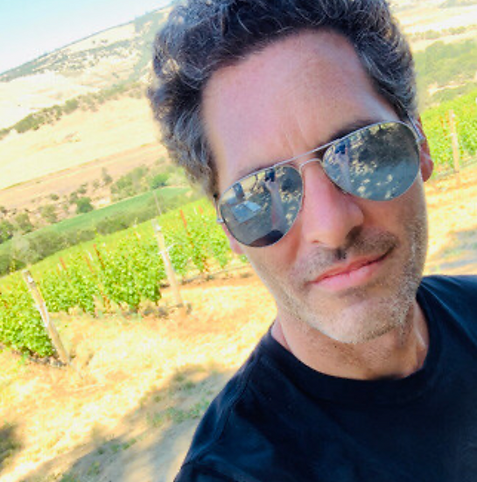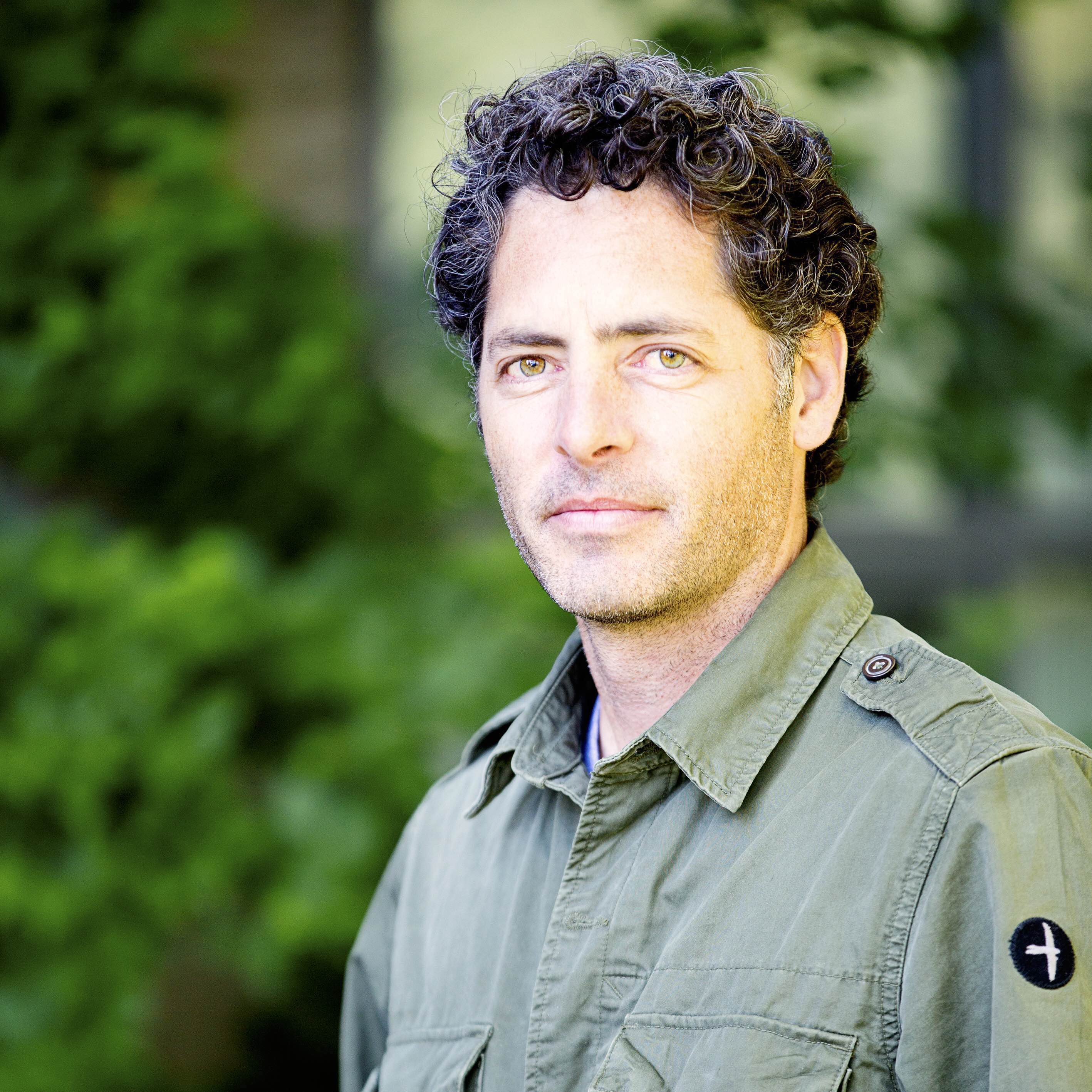Q & A with James Lochrie
What defines an investment?
First and foremost it’s something that will generate a return. For the type of investing I do, I’m looking at 100X returns which means I normally invest very early and invest in opportunities that have very large markets.
When choosing how to invest - what are the top 3 things you look for when you're making an investment...
Every investor will tell you it’s all about the team and I’m no different. Because I invest early and into small teams it is primarily about the founder(s), I’m looking for special people that I believe can accomplish special things over a significant period of time. Market size is another one of the most critical things I look for. In most cases, it takes as much effort to create a global business as it does to create a regional one so I try to position myself with opportunities that have the chance to break out of the founder’s backyard and stretch into other markets. This is easier today than ever before but it takes a certain attitude and opportunity to make it happen.
Finally, I look for the product to have a significant impact on humans. I believe that if a product makes meaningful & positive changes to people’s lives then the investment is less risky because the ability to charge for that value will be easier and the ability to have customers continue to pay will also be enhanced. It’s also important to all of us at Thin Air Labs to work on projects that excite us and get us out of bed with a smile because we know what our day’s work will result in.
What do you look for? How do you decide on risk over reward?
This is always a hard balance to strike but since I put myself in positions to invest in companies that can 100X the investments that are made I tend to focus on risk mitigation as the primary operational task in managing an investment. Like most venture investors we syndicate our deals and include a network of investors who can help make the company successful but I also have a team behind me that is able to jump in and help our investments, especially at the early stages of company formation, product development and market validation. This team is in place essentially to protect our investment by partnering with the entrepreneur and giving the enterprise as much of an opportunity to be successful as we can.
Where do you find companies to invest in?
There are two ways to find a company - they come to you or you find them in your travels. By building a truly founder friendly brand, more and more companies are coming to us looking for investment, this gives us the ability to choose the best fit for our investment thesis. However, we have also been building deep connections into the areas where entrepreneurs are and we look for great opportunities in those parts of our local ecosystem. We do the hard work of giving our time to the community, participating in the ecosystem with feet on the ground and that generosity pays off by having a constant stream of new ventures for us to assess.
Why is it important to invest in the ecosystem?
I think you can create a flywheel effect if you think about investing holistically. First you have to have great companies with great founders to invest in, then you have to have great people to join them and effective capital to help them grow, finally you need customers to buy the products and someone willing to buy the company when it is ready to exit. All of these pieces are part of the ecosystem we work within so we take the time to make sure we are continuing to contribute to its growth and sustainability. This is all part of managing risk and driving returns, we’re a bit unusual in that we are active in thinking about these parts of the success of a venture.
How much has innovation impacted and or changed the investment industry? And what role does innovation play in investing?
A lot can be said about robo-investing or AI decision making against large investment datasets but I honestly don’t think those things matter other than as time savers to discard investments that don’t fit the thesis. I think investing, especially at the seed stage is an incredibly human process and even doing it over Zoom can leave things unanswered. For Thin Air the innovation has been the ecosystem approach, it’s about process though, not technology.
Why is it important for people to invest in startups? / the community?
A long-term, successful economy is one that is constantly growing but also evolving. More than ever, economies need to be responsive to the rapid changes happening across society and startups are the most agile tools for economies to do that. They can create rapid job growth and new industries in short order and can create significant wealth for citizens who participate in them. Investing in the community is basically just investing in the foundation that these startups spring out of and use to hit escape velocity. The community is the fertile soil that makes a startup more successful so it simply makes sense to have your house in order if you want to play this game for 20 years or more.
What advice can you give to people who want to start investing?
It takes a hell of a lot of experience to understand what makes an innovation venture a good investment. If you haven’t been able to put in the time or if you can’t continue to keep yourself on top of what is happening you should probably invest through a professional investor and utilize a portfolio approach to protect your capital. This is not for the faint of heart and understanding why you would invest and what your expected outcome can be is something that has taken a long time for me to know.
What advice can you give to people/companies who are looking for an investor?
Never stop. Asking for money is really difficult, getting it is even harder and it really should be a difficult thing. I don’t invest in everything so there are great companies, run by great people which could become massively successful that I will not invest in simply because it doesn’t fit. Founders need to be resilient in the face of that and continue looking for the investor who believes in them, believes in their product and opportunity and is focused on making returns on their type of venture. It truly is a numbers game and the world is full of different types of investors so hop on a plane and keep pitching until you find the right ones for you.

“Becoming an entrepreneur was about carving out something for myself and controlling my own destiny largely because I wanted autonomy over my future and what I did day to day.”
.png)


